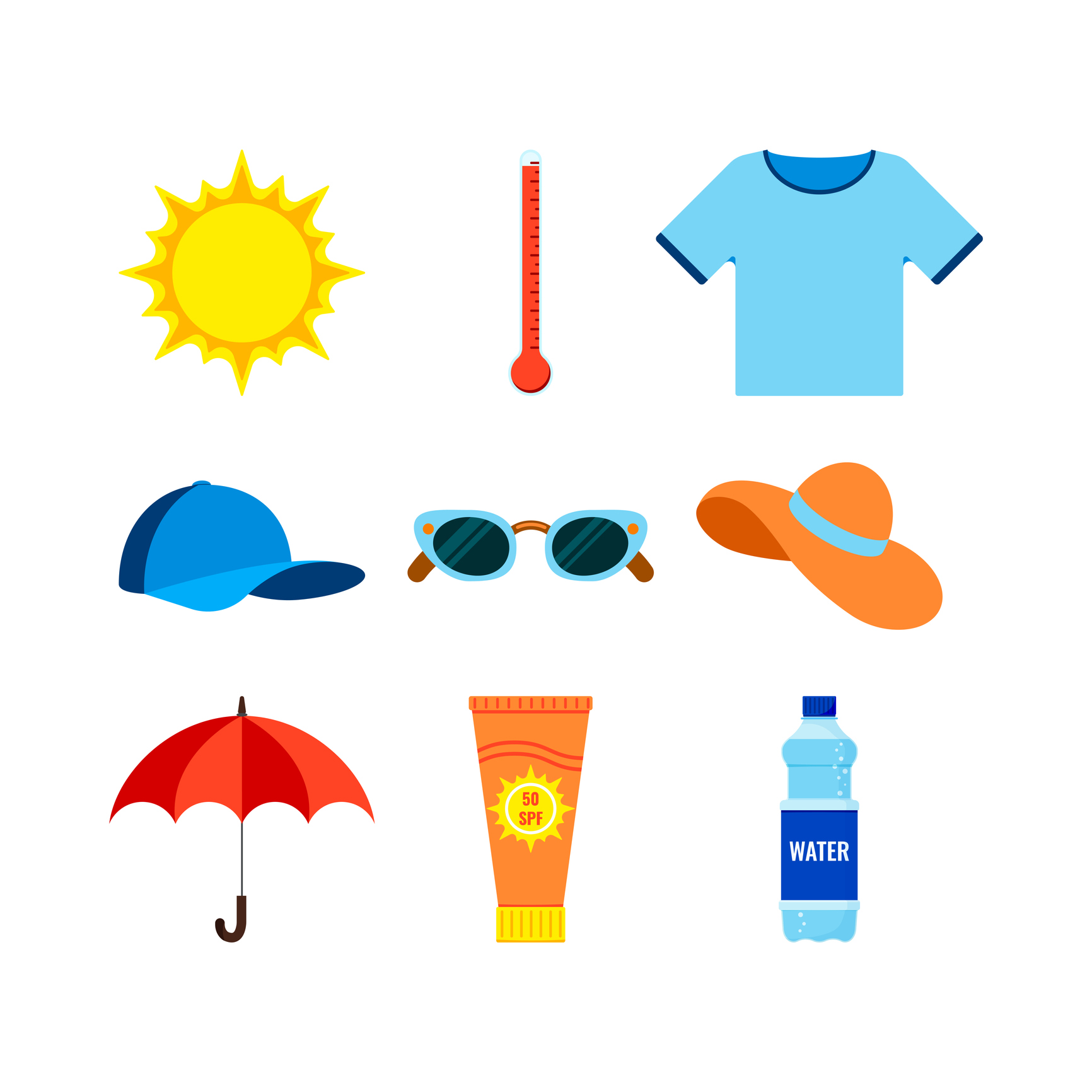AARP Hearing Center
Power outages, high temperatures and heat-related illnesses are threatening Texans, prompting reminders to stay safe during extreme heat.
Texas’ main power grid is struggling to keep up with the demand for electricity, according to utility operators who called on Texans Monday to conserve power this week.

The Electric Reliability Council of Texas said in a statement that a significant number of unexpected power plant outages combined with expected record use of electricity due to hot weather has resulted in tight grid conditions.
AARP Texas Director Tina Tran reacted by urging residents to take heat-related hazards seriously and to be vigilant in checking on older residents, neighbors, and the medically vulnerable.
"Extreme heat can be dangerous for anyone, but it can be especially dangerous for those with chronic medical conditions," said Tran. "If you or someone you know has a chronic medical condition, follow the appropriate steps to help keep you, or the person in your care, safe."

Texans can reduce electricity use by setting the thermostat to 78 degrees or higher; turning off lights and pool pumps; avoiding use of large appliances such as ovens, washing machines and dryers; and turning off or unplugging unused electric appliances.
Steps to staying safe during extreme heat:
- Follow tips from the CDC on how to prevent heat-related illness.
- Exposure to extreme heat can create serious health problems, resulting in a condition known as heatstroke. Usually the elderly, the very young, those with other health conditions, and those without access to air conditioning or a source for hydration are most severely affected by heat.
According to the Texas Department of State Health Services, symptoms of heat exposure complications may include:
- Heavy sweating
- Muscle cramps
- Weakness
- Dizziness
- Nausea
- Weak, but rapid pulse
- Headaches
According to the DSHS, here's how to help a person showing severe symptoms of heat exhaustion:
- Get the victim out of the sun and heat.
- Call for emergency medical services.
- Immediately begin cooling the person with cool/cold water and fanning.
Staying in an air-conditioned area, either at home or in a public place such as a mall, library or recreation center, is the most effective way to combat heat. If air conditioning is not available:
- Pull the shades over the windows and use cross-ventilation and fans to cool rooms.
- Take a cool shower or bath.
- Limit the use of stoves and ovens.
The DSHS also says: Children are at higher risk of becoming dehydrated. Children should be encouraged to drink fluids frequently, especially water, and wear light-colored, loose-fitting clothes.
Check on children often, especially if they are outside in high temperatures.
Other heat precautions suggested by the DSHS include:

- Never leave people or pets in a closed, parked vehicle during hot weather, even for a short time.
- Drink plenty of fluids. Hydrate before going out into the heat.
- Plan strenuous outdoor activity for early morning or evening when temperatures may be lower.
- Take frequent breaks when working outside.
- Wear sun block, hats, and light-colored, loose-fitting clothes.
- Dress infants in the same manner you would dress yourself. Avoid heavy clothing and blankets in hot weather. Ensure infants are well hydrated. Breast or bottle feed more often when in hot environments.
- Check frequently on the elderly and those who are ill or may need help.
The DSHS advises to check with a doctor about the effects of sun and heat when taking prescription drugs, especially diuretics, antibiotics, or antihistamines.
- Keep in mind that heavy sweating can remove salt and minerals from your body. Talk to your doctor about how to safely replace salt and minerals lost through sweating.
- Do not engage in very strenuous activities and get plenty of rest.
- Check on a friend or neighbor, and have someone do the same for you.
- Check the local news for health and safety updates regularly.
Keep in mind that people with chronic medical conditions are more vulnerable to extreme heat. Here's why:
- They may be less likely to sense and respond to changes in temperature.
- They may be taking medications that can make the effect of extreme heat worse.
- Conditions like heart disease, mental illness, poor blood circulation, and obesity are risk factors for heat-related illness. (Individuals who are overweight or obese tend to retain more body heat.)
Stay Alert to Cooling Centers in Your Area
Local public health agencies are an important resource. Call 2-1-1 for information in your areas. In an emergency, call 9-1-1.
Also, the American Red Cross maintains a list of open shelters on the Red Cross website. For more information from the Red Cross, please call 1-800-733-2767.































































